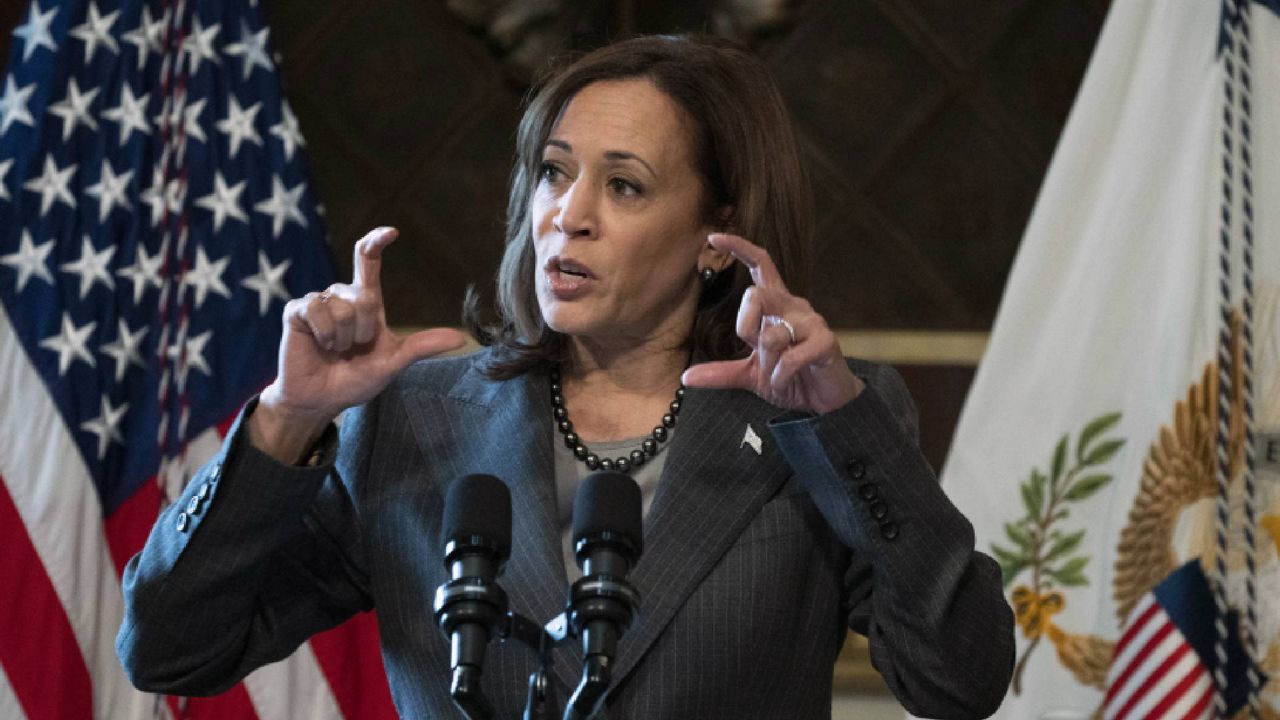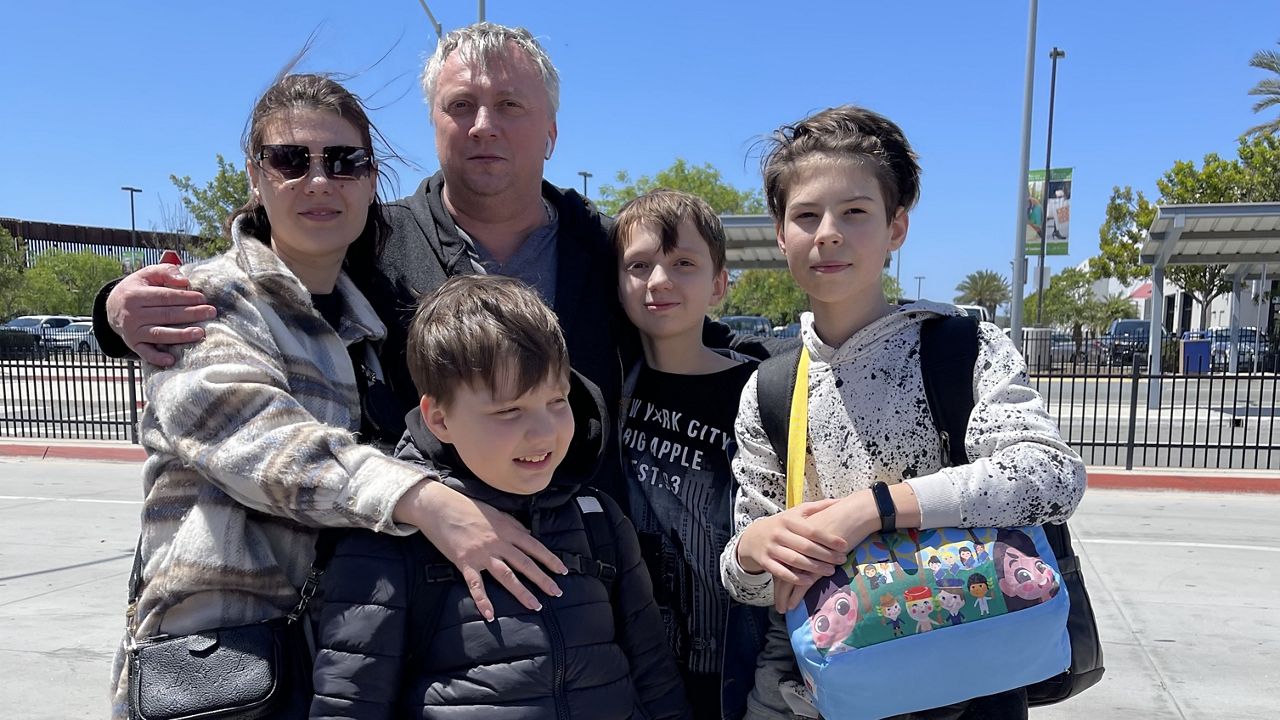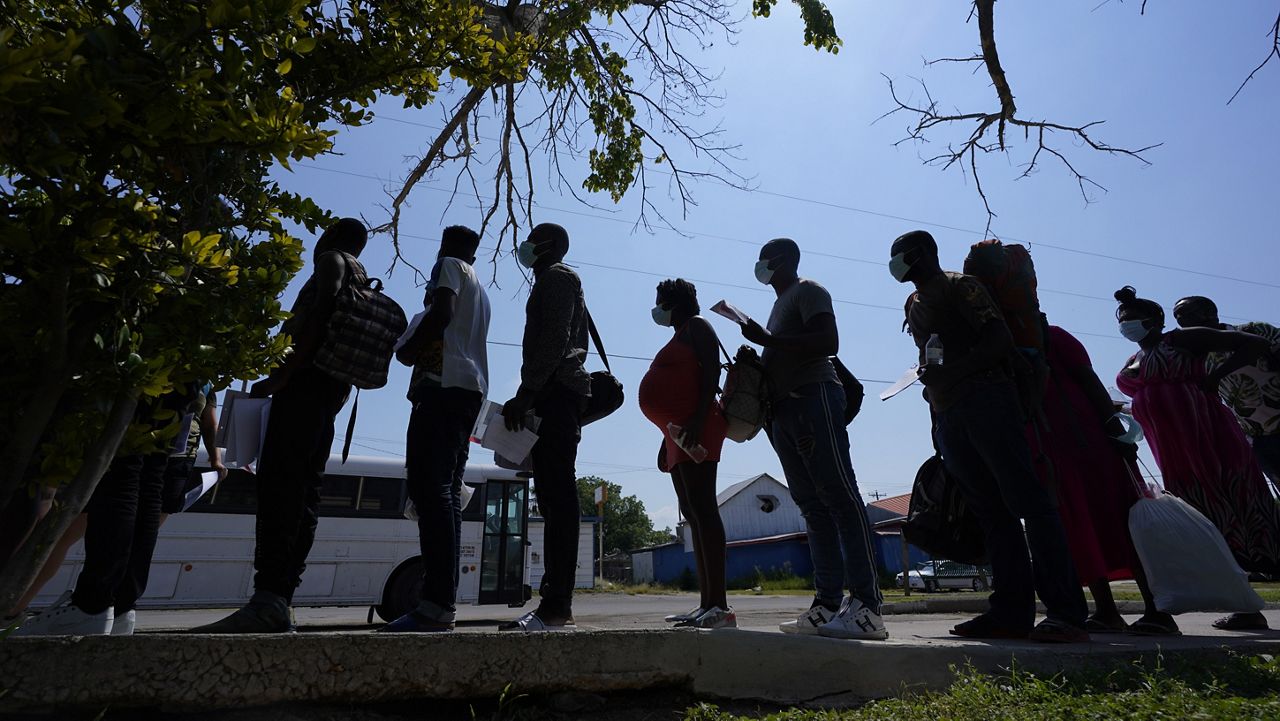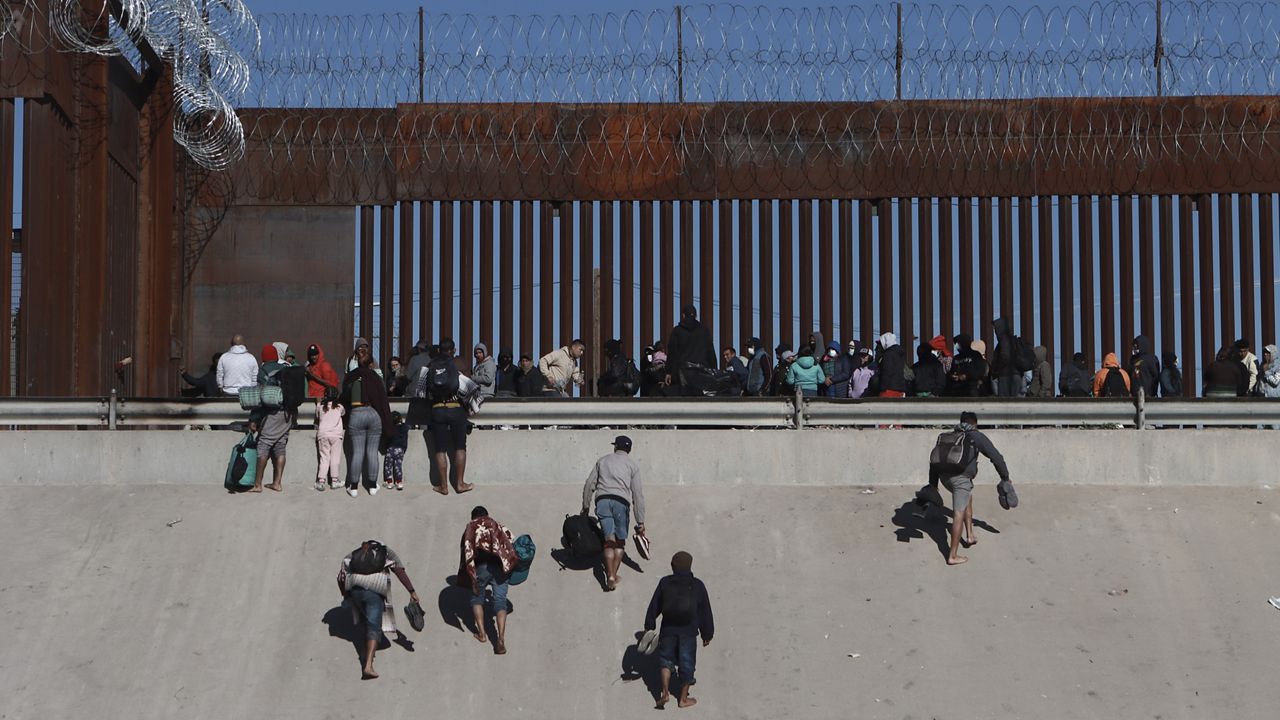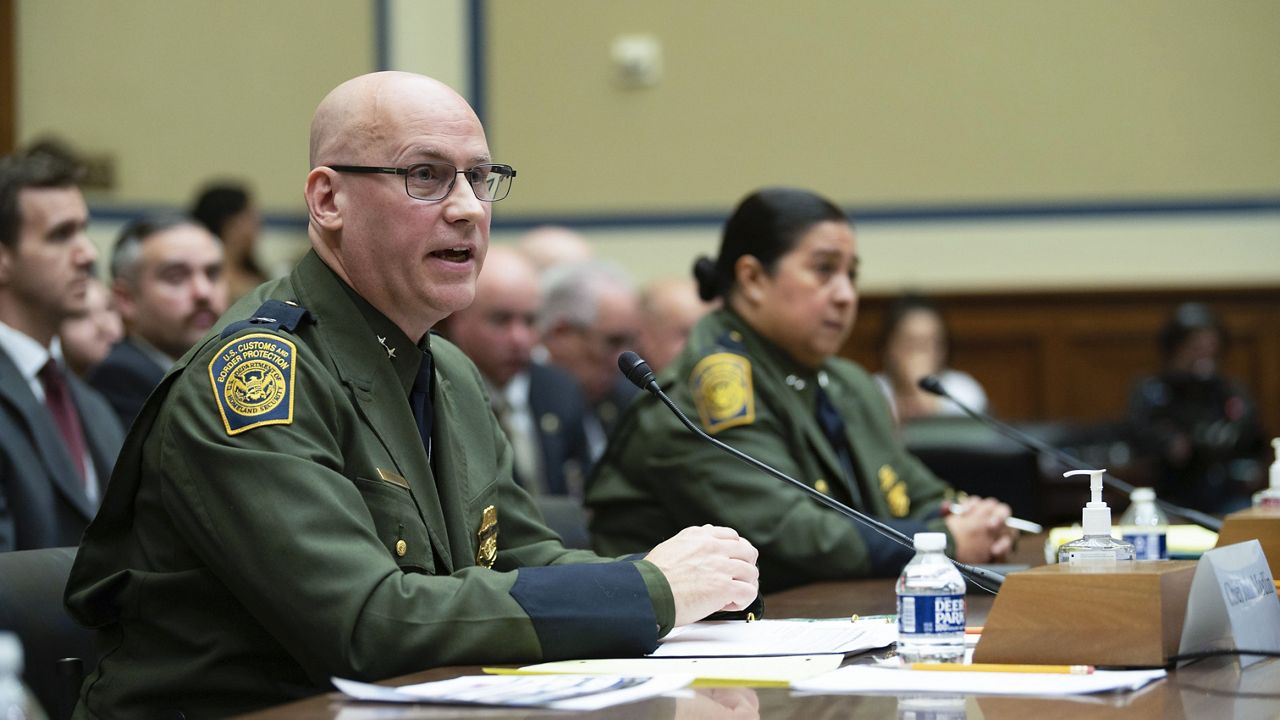Vice President Kamala Harris on Monday unveiled $950 million in new private sector commitments to El Salvador, Guatemala and Honduras, a continuation of her effort to help curb migration from those countries by creating economic and educational opportunities.
Those efforts, which Harris began leading in 2021, have helped create a “steady decline” in migration from Central America, according to senior administration officials, though it’s not possible to separate out how much of that is due to the total $4.2 billion in private commitments so far.
"We in government have great possibility in terms of the range at which we work as government, but when we are joined with our friends in the private sector, we can take advantage of the skills and the innovation that they ... are able to accomplish and grow," she said.
Harris on Monday highlighted new investments from companies including Chegg, Columbia Sportswear, Microwd, Nestle, Root Capital and Target.
Columbia Sportswear, for example, committed to purchasing $200 million in products from the region from an industry that mostly includes women, according to the vice president’s office. Root Capital said it would lend $1.4 million to small businesses in Guatemala in partnership with the U.S. humanitarian aid agency, plus $80 million for small and medium farmers in Honduras.
Border crossings in the first two years of the Biden-Harris administration reached record highs, and President Joe Biden assigned Harris early on with the task of tackling the drivers of migration, particularly poverty, climate change and gang violence in Central America.
Noting the effort had long-term goals, Harris said Monday that some of the $4.2 billion committed so far had created jobs, plus connected thousands of people to banking and four million more to the internet.
"The research is pretty clear in telling us that when we create economic opportunity in these regions, as we have done, we can potentially have a great impact on those who otherwise would leave home, and allow them the opportunity to stay in their home country," she said.
People from El Salvador, Guatemala and Honduras made up more than half of the 1.7 million border encounters in 2021. But that fell to around 23% in 2022, when the U.S. saw more people coming from Cuba, Venezuela, Haiti and Nicaragua.
Senior administration officials on Monday attributed the drop in arrivals from northern Central America to several factors: increased refugee resettlement from the region, reduced visa backlogs and boosting temporary worker visas – all in combination with the private sector investments.
Harris on Monday was also unveiling a U.S. government investment facilitation team to work with the companies in the region, with a focus on combating corruption and workers’ rights. An organization called the Partnership for Central America organizes the vice president's initiative through work with non-profits, private companies and government.
The $4.2 billion in private commitments so far will mostly be disbursed over the course of the next five years, with some running through the next decade. The core goals of the program include one million new jobs created in the region by 2032 and the inclusion of six million people in the financial system by 2027.
Vice President Harris has been criticized by Republicans for what they say is detachment to the issue of immigration, including a delayed and brief trip to the border last year that some viewed as insufficient to understand the issue. The White House has affirmed that Harris is instead focused on the work needed to discourage people from making the journey to the border in the first place.
But on Monday, Harris took time to call on Congress to provide funding for border security and to reform the immigration system.
"Let us get in front of it, and let us deal with it in a way that is productive and will strengthen our nation," she said.
The administration's work on the root causes of migration in Central America have not stopped the Biden administration from being overwhelmed with border crossings, which reached another record total of nearly 2.4 million in 2022. That was mostly driven by people fleeing economic desperation or gang violence in Venezuela, Cuba, Nicaragua and Haiti.
A new temporary program for those populations launched in early January, coupled with the threat of expulsion to Mexico, had initially led to a 97% decrease in encounters with them at the border, according to the Department of Homeland Security.



